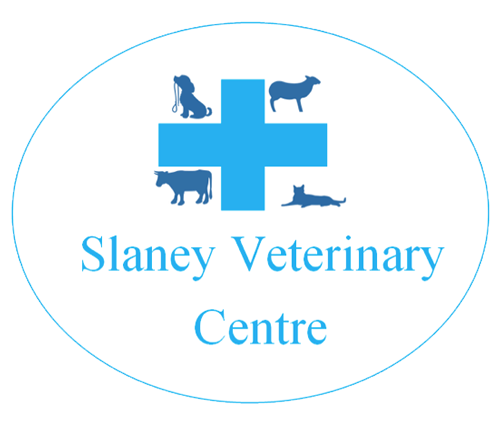Congratulations on your new kitten. Here are a few pointers of advice, and tips, which we hope will make their introduction into your family a bit smoother.
Vaccination.
There are a few very nasty conditions which cats can succumb to, some of which can be fatal. The majority of these can be vaccinated against and we would recommend all kittens be vaccinated at 8 weeks of age with a booster vaccine given at 12 weeks old. Your kitten will not be fully protected until 1 week after his\her final vaccine and shouldn’t be allowed to mix with other kittens until then.
Worming
Unfortunately, all kittens are born with worms (regardless of how well their mother was wormed). As a result, it is very important that regular worming is carried out. Ideally this should be started by the breeder from 2 weeks of age, and carried out at regular intervals depending on the brand of wormer used. A lot of kittens however may be hidden by their mother until they are older preventing many from being wormed in the early stages. In these cases, it is especially vital that stringent worming is carried out. Children are also susceptible to worms carried by kittens. It is therefore very important that you stress the importance of good hygiene to your children after getting a new kitten\cat, with hand washing after handling recommended.
Flea treatment
Only 1% of the flea life cycle actually lives on your cat and the rest of the time they are present in the environment (bedding, your home!). Due to this fact it is important to realise that just because you cannot see fleas on your pet it doesn’t necessarily mean they are not present. As a result, preventative flea control is highly recommended.
Neutering.
Did you know that a single female cat can have 3 litters a year resulting in possibly producing up to 180 kittens over her lifetime. If her offspring also breed, the resulting offspring from 1 cat can develop into thousands. As well as reducing the amount of unwanted kittens, neutering has many health benefits. It can reduce the incidences of malignant tumours and fatal infections. It can also prevent the chances of toms contracting potentially fatal viruses such as FeLV and FIV, often received when fighting over territory with other intact males. Both male and female cats can be neutered from 4-5 months of age. Ideally we would recommend your new kitten be kept inside until fully vaccinated and neutered, as cats can become pregnant from as early as 4 months of age!
Environment
Cats can be extremely social creatures, but they also require their own space. It is important that they have access to a safe space which is away from the general hustle and bustle of the house.
Cats can also be much more prone to stress than other pets such as dogs for example. Stress can have huge effects on cats causing a vast array of clinical conditions ranging from urinary tract disease to gastrointestinal problems. It is therefore vitally important that careful consideration is given to their environment. This can include having their litter tray in a quiet area (away from washing machines and loud noises), ensuring multiple feeding areas in multi cat households and ensuring they have an area to escape away to when they need some space, ie not leaving their bed beside the play room. This is also important with regard to outdoor cats as multiple feeding points may be required in multi cat households, and multiple beds may be required, as a hierarchy system will undoubtedly exist where more than 1 cat is present.
If your cat is to be an indoor cat it is important to provide scratch posts as these are essential to allow good claw health, (and considerably cheaper than them using your nice leather couch for scratching).
Feeding
Your new kitten will need to be fed a specific kitten diet until they reach 6 months of age. Ideally dry food is recommended as long as free access to fresh water is always provided. Initially they will need small meals 3-4 times a day with the frequency of these meals reducing, and the amounts being fed increasing as they get older.
Insurance.
Unfortunately it is a fact of life that some animals do get sick and in some cases may need once- off, or in other cases life- long medical care. We always hope you will never need it, but unfortunately knowing the complexity and high costs of some illnesses experienced by pets, we always recommend owners to invest in some form of pet insurance. This can take away the financial worry and burden if treatment is needed.
Things to avoid.
There are numerous household objects which are worth noting which are poisonous to cats. Some of the most common include:
- Onions \ garlic (including gravy containing these)
- Paracetomol
- Household bleach
- Lilies
- Ethylen glycol (contained in anti-freeze)
- Slug pellets (contain metaldehyde)
- Many dog spot on treatments which contain permethrin (hence only ever use cat treatments on your cat!)
- Many garden sprays and weedkillers
